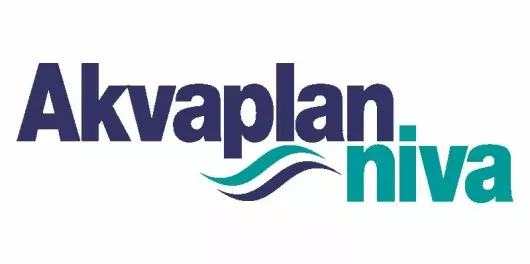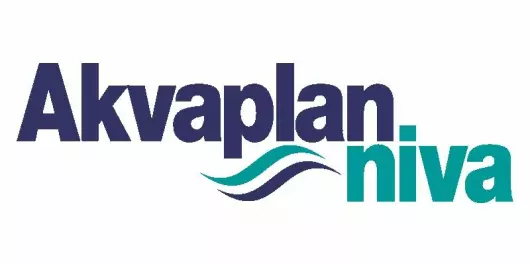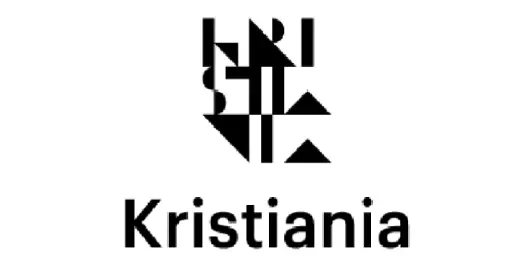Ledig stilling på Universitetet i Oslo
Blindern og Urbygningen (Foto: Wikimedia og Colourbox)
PhD Fellowship in Science and Technology Studies
Deadline: 05.12.2022
Living Materials, Participatory Prototyping and Future Making. Imagine a world in which walls and everyday life things surrounding you are living. FUNGATERIA is an interdisciplinary project funded by the European Commission to develop a portfolio of microbial-based biomaterials.
Universitetet i Oslo
The University of Oslo is Norway’s oldest and highest ranked educational and research institution, with 28 000 students and 7000 employees. With its broad range of academic disciplines and internationally recognised research communities, UiO is an important contributor to society.
TIK Centre for Technology, Innovation and Culture is a cross disciplinary unit at the Faculty of Social Sciences at the University of Oslo. TIK is home to 40 staff members working in research, education and research communication in innovation and science and technology studies (STS). A major part of TIK’s activity is externally funded research. TIK also offers postgraduate education; a PhD-programme and two Master programmes. The Centre also hosts OSIRIS - Oslo Institute for Research on the Impact of Science.
Job description
A PhD position is available at the TIK Centre for Technology, Innovation and Culture, University of Oslo as part of the FUNGATERIA project.
Engineered Living Materials (ELMs) are likely to become part of our everyday life, with applications in a wide range of areas such architecture, environment and health. The PhD candidate will use Science and Technology Studies (STS) approaches to investigate living materials as existing in possible future worlds with a focus on social, regulatory and policy implications. The PhD candidate will be working in FUNGATERIA work package seven (WP7), led by Associate Professor Ana Delgado.
The appointment is for a fixed term position for a period of three years. The position might include teaching, grading etc. at TIK in which case the project will be extended accordingly up until a maximum of 4 years.
The PhD candidate will be part of the Science and Technology Studies group at TIK Centre for Technology, Innovation and Culture, and will have the opportunity to be part of a vibrant intellectual environment. See more information about ongoing STS research and academic activities at TIK here.
About FUNGATERIA
Engineered Living Materials (ELMs) are envisioned as enabling a wide range of solutions towards a transition to greener economies. The FUNGATERIA consortium works to model and prototype mycelium-based ELMs, exploring collaborations between fungi and bacteria to produce materials with computational capabilities. This opens for new ways of imaging buildings and cities, and potentially other objects, based on living materials. ELMs are qualified as being ‘smart materials’ in so far as they take advantage from intrinsic properties of life such as the capacity for self-repairing and healing. This also creates challenges regarding the programmability of ELMs, and the ways in which these materials can be designed to behave in a controlled way over time. Anticipating futures through activities such as modeling is key to design activities in FUNGATERIA.
FUNGATERIA is organized in seven teams collaborating across European universities. The team based at the University of Oslo coordinates WP7 - ELM Futures. WP-7 develops methods to include citizens’ ways of imagining futures and engaging with future making, with a special focus on the programmability of EMLs and anticipatory projections. The PhD candidate will be part of the WP7 team, which work includes exploring and mapping issues of public concern regarding ELMs. This will be done both in non-fictional media and in science fiction, as well as through participatory modeling and prototyping. WP7 joins together Science and Technology Studies, Design and Media Studies, and possibly Bioart.
The specific design of the PhD project, such as the choice of case, methods and theoretical framework, will depend on the candidate’s academic background and project proposal, and will be developed together with WP7 leader.
The FUNGATERIA consortium is led by the Danish Royal Academy for Architecture, Design and Conservation, in partnership with The Free University of Brussels, The University of Ghent, University of Utrecht, University of the West of England, Bristol and the University of Oslo. The project builds on interdisciplinary collaborations, and all partners are involved in communication, public engagement and dissemination activities. For more information about the project contact Ana Delgado.
Qualification requirements
- Applicants must hold a two-year Master’s degree (or equivalent qualifications) and meet the formal requirements for admittance to the Faculty’s PhD program within relevant disciplines in the social sciences and the humanities. The Master’s degree must be of high quality and within a specialization of relevance to STS. The project’s interdisciplinary approach makes a variety of academic backgrounds potentially interesting. Candidates that have a two-year Master from other disciplines (such as biology, architecture/design) may also be considered.
- Applicants must document experience with and/or a well-described interest in the field of STS.
- Applicants must have fluent oral and written communication skills in English.
The successful candidate is expected to take active part in activities like seminars and workshops at TIK. Residency in or close to Oslo is therefore expected
Assessment criteria
In the assessment of applications, we will emphasize the following:
- The project proposal’s academic quality, methodological competence, and relevance for the project.
- The applicants’ relevance with regard to the criteria described under ‘Qualifications’ above.
- The applicants’ academic and personal potential for fulfilling the project within the given timeframe.
- The applicants’ skills in communication, including their sense of text and language.
- Personal skills: curiosity and good cooperative skills.
We offer
- Salary NOK 501 200 - 544 400 per year, - depending on qualifications.
- An academically stimulating working environment.
- The possibility of undertaking a prolonged international mobility stay.
- Attractive welfare benefits including excellent benefits for families (kindergarten, paid paternal/maternal leave etc) and a generous pension agreement.
- In addition, Oslo offers a family-friendly environment with its rich opportunities for culture and outdoor activities in its immediate surroundings.
How to apply
The application must include
- Letter of application describing motivation and experience of relevance to STS and to the research area described in the call (max. 2 pages)
- Project proposal (in English) describing how the applicant intends to develop a PhD project within the frame of the research area described in the call. All applicants should carefully read the Faculty guidelines.
- CV (summarizing education, positions and academic work)
- A copy of the master thesis and, if applicable, a list of other scientific publications.
- 2-3 references (including contact information and described relation to the applicant)
- Copy of education diploma (including explanation of degree system for education outside Scandinavia)
The application with attachments must be delivered in our electronic recruiting system, please follow the link “Apply for this job”. Foreign applicants are advised to attach an explanation of their University's grading system. Please note that all documents should be in English (or a Scandinavian language).
Applicants may be called in for an interview.
Formal regulations
Please see the guidelines and regulations for appointments to Research Fellowships at the University of Oslo.
No one can be appointed for more than one PhD Research Fellowship period at the University of Oslo.
According to the Norwegian Freedom of Information Act (Offentleglova) information about the applicant may be included in the public applicant list, also in cases where the applicant has requested non-disclosure.
The appointment may be shortened/given a more limited scope within the framework of the applicable guidelines on account of any previous employment in academic positions.
The University of Oslo has an agreement for all employees, aiming to secure rights to research results etc.
Inclusion and diversity are a strength. The University of Oslo has a personnel policy objective of achieving a balanced gender composition. Furthermore, we want employees with diverse professional expertise, life experience and perspectives.
If there are qualified applicants with disabilities, employment gaps or immigrant background, we will invite at least one applicant from each of these categories to an interview.
Contact information
Apply for this job














